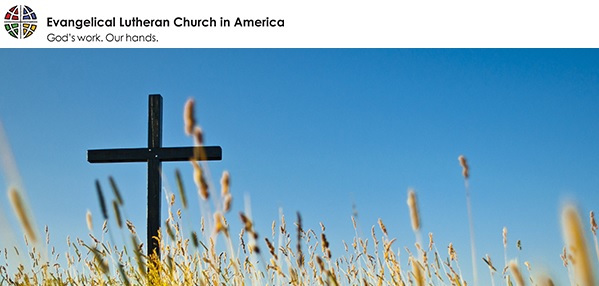
Easter is early this year, and in many places across this church trees will still be bare and fields barren. It might even snow. But on Easter morning we will gather to greet the risen Son and give thanks to God for the new life we have in Jesus Christ.
Two things come to mind this Easter when there is still only the hint of spring: Jesus’ words to his disciples just before his crucifixion and a hymn.
Jesus said, “The hour has come for the Son of Man to be glorified. Very truly, I tell you, unless a grain of wheat falls into the earth and dies, it remains just a single grain; but if it dies, it bears much fruit.” Jesus was talking about his death, but he was also assuring his disciples and us that death is not the end, that, though it might seem impossible and even terrifying to step into the void, God brings life out of death.
The hymn is ELW 379.
Now the green blade rises from the buried grain,
wheat that in dark earth many days has lain;
love lives again, that with the dead has been;
love is come again like wheat arising green.
The tune is actually a French Christmas carol. How perfect that, in the bleak midwinter, the promise of spring was planted.
St. Paul wrote, “Do you not know that all of us who have been baptized into Christ Jesus were baptized into his death?” We have already fallen into the earth and died. “For if we have been united with him in a death like his, we will certainly be united with him in a resurrection like his.” We will not remain alone. We will bear fruit.
The seed has been planted in all the barren places in the world and in our lives. That gives us the power and the hope – especially in the face of our brokenness – to see life where the world only sees death … in refugee camps and hospice units, in parched earth and in floods, in oppression and denied justice we are bold to confess. Now the green blade rises. Now love lives again. Now love comes again like wheat arising green.
Christ is risen.

Elizabeth A. Eaton
Presiding Bishop
Evangelical Lutheran Church in America



